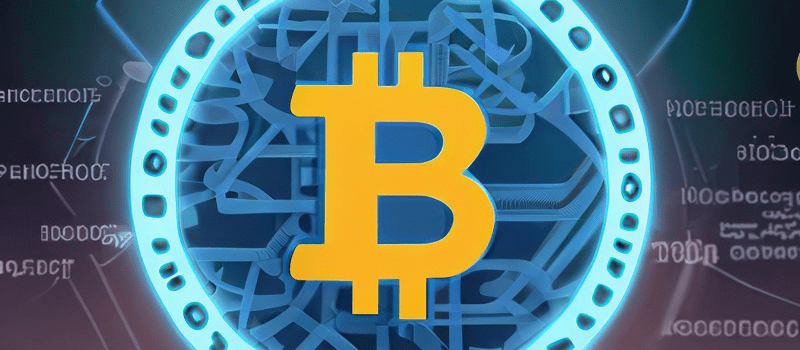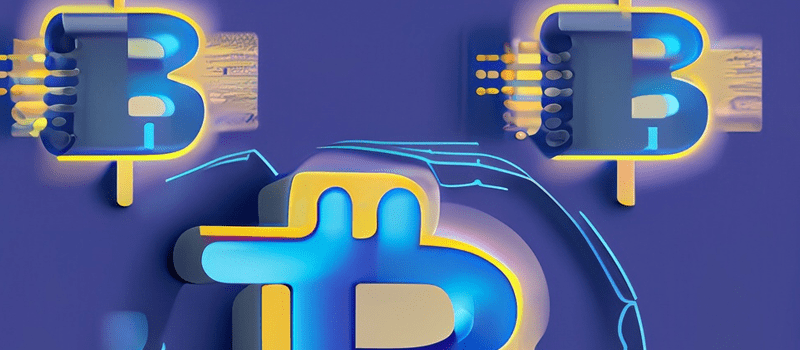Blockchain Checker: An Overview of Popular Blockchain Explorers

Blockchain checkers, otherwise known as Blockchain explorers or blockchain browsers or search engines, serve a critical role in the cryptocurrency and blockchain ecosystem by enabling users to search, view, and analyze the data stored on public blockchains.
By entering a transaction hash, block height, wallet address, or other identifying data into a blockchain explorer, users can view key details about blocks, transactions, smart contracts, and other on-chain activity to verify payments, audit wallets, monitor network health, and extract valuable data. Whether you’re a casual crypto investor, blockchain developer, or simply curious about how public ledgers like Bitcoin and Ethereum work, blockchain explorers provide the tools to peel back the layers of these decentralized networks and make sense of the wealth of data they contain.
Blockchain technology has revolutionized finance and technology over the past decade. A blockchain is an immutable distributed ledger that records transactions on a peer-to-peer network. Some key properties of blockchains include:
- Decentralization
- Transparency
- Security through cryptography
Some of the most prominent blockchain networks include:
- Bitcoin
- Ethereum
- Cardano
- Polygon
Blockchain explorers provide valuable tools to view and analyze data on these networks. As defined by Blockchain.com:
A blockchain explorer is an online blockchain search engine that allows you to search full transaction details and activities on the network.
Key capabilities offered by blockchain explorers include:
- Searching for transactions, blocks, addresses
- Viewing data like fees, amounts, contract codes
- Network monitoring and metrics
- APIs and data exports
Blockchain explorers enable transparency for these networks and are essential tools for:
- Developers building blockchain applications
- Businesses accepting blockchain payments
- Regulators and policy makers
- Casual users and investors
This article will provide an overview of popular blockchain explorers across different networks.
Overview of Popular Blockchain Explorers
There are a variety of blockchain explorers available for the major networks.
Bitcoin Explorers
Some widely used Bitcoin blockchain explorers include:
- Blockchain.com
- One of the original and most popular Bitcoin explorers
- Allows searching transactions, blocks, addresses
- Provides data exports and APIs
- Blockchair
- Supports Bitcoin and many other major cryptocurrencies
- Details on blocks, transactions, addresses
- Powerful filtering and monitoring options
- Blockcypher
- Another popular Bitcoin explorer
- Transaction data and API access
Ethereum Explorers
For the Ethereum blockchain, top options include:
| Explorer | Description |
|---|---|
| Etherscan | The most widely used Ethereum explorer. Allows for easy search of transactions, tokens, contracts. |
| Polygonscan | Browser for the Polygon blockchain, which is a scaling solution for Ethereum. |
According to Etherscan, it provides “Ethereum blockchain analytics & metrics, APIs, wallets and contract standards and audit.”
Other Blockchain Explorers
Beyond Bitcoin and Ethereum, some other blockchain explorers include:
- Blockstream.info – Focused on Bitcoin but supports other chains. Very fast with useful data views.
- Cardano Explorer – Official explorer for the Cardano blockchain.
Key Features of Blockchain Explorers
Blockchain explorers offer several key features for analyzing blockchain networks:
- Searchability – Allow finding specific transactions, blocks, addresses or smart contracts on the blockchain
- Transaction data – View amounts transferred, fees paid, confirmation times
- Block details – Number of transactions in block, block size, miner, and other block metadata
- Smart contract tools – Decode contract details, verify source code, read state
- Network statistics – Hashrate, difficulty, coin supply, gas prices
- Developer APIs and exports – Programmatic access to blockchain data for building applications
For example, Blockchair summarizes its capabilities as:
Blockchair is an blockchain search and analytics engine. Trusted by millions, we are the market leader in transparency and neutrality. Explore Bitcoin, Ethereum, Litecoin, Monero and many more.
Using Blockchain Explorers
There are many uses for blockchain explorers including:
- Following transactions – Track status of a transaction through confirmation
- Auditing wallets or accounts – Review transaction history and balances
- Real-time monitoring – Watching network activity and metrics
- Smart contract verification – Confirm validity and behavior of contracts
- Investigations – Tracing flow of funds on the blockchain
- Data analysis – Exporting data to analyze trends
For casual users, explorers provide an essential window into understanding blockchain transactions. For developers, they offer valuable data and APIs to build blockchain applications.
Importance of Blockchain Explorers
Blockchain explorers provide greater transparency into the activity and status of these networks. Key benefits include:
- Verify legitimacy of transactions
- Monitor network health and status
- Debug issues with transactions or contracts
- Access raw blockchain data for analysis
- Support adoption of blockchain technology
Without explorers, using blockchains would be far more difficult for both individuals and developers. They make blockchains more usable and are a fundamental piece of infrastructure supporting mainstream adoption.






Responses